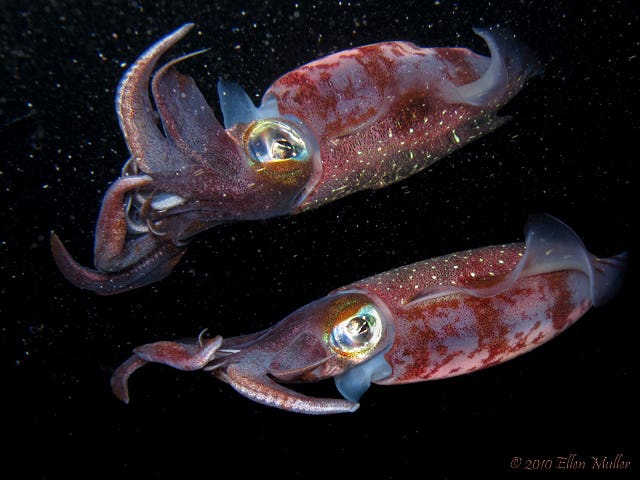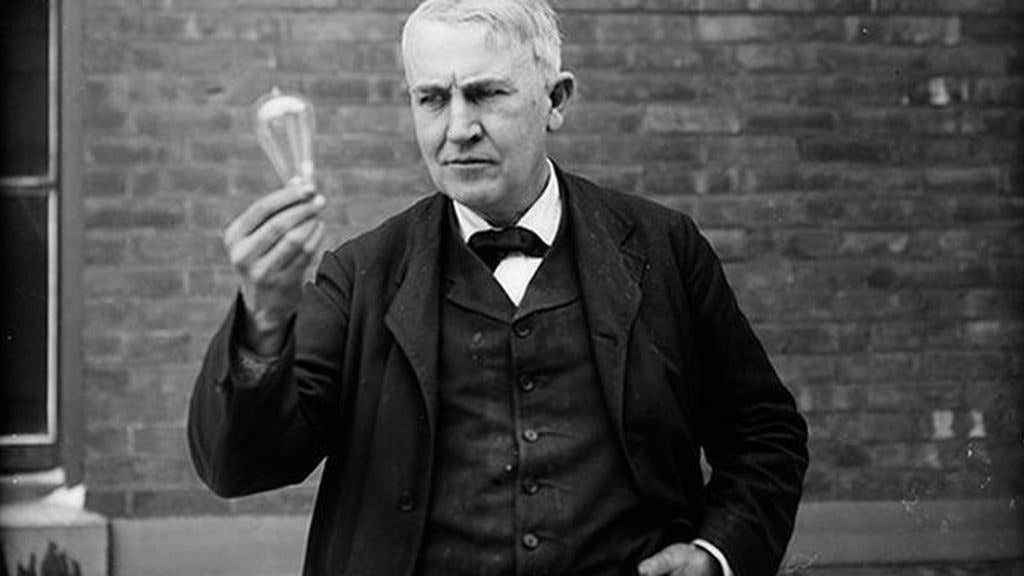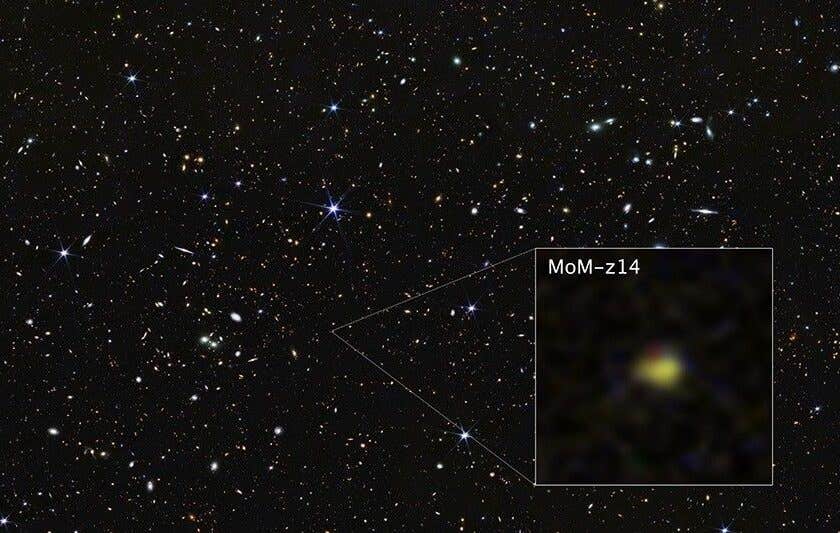Calamari in Space: NASA sends baby squid to the space station
Dozens of baby squid from Hawaii are in space for study. The baby Hawaiian bobtail squid (Euprymna scolopes) were raised in Hawaii

[June 22, 2021: Josh Shavit]
Dozens of baby squid from Hawaii are in space for study.
The baby Hawaiian bobtail squid (Euprymna scolopes) were raised at the University of Hawaii’s Kewalo Marine Laboratory and were blasted into space earlier this month on a SpaceX resupply mission to the International Space Station.
A relative of the cuttlefish, these tiny cephalopods are an interesting organism as they glow in the dark. That's thanks to a specialized organ in their ink sac that lights up at night.
Researcher Jamie Foster, who completed her doctorate at the University of Hawaii, is studying how spaceflight affects the squid in hopes of bolstering human health during long space missions.
The squid have a symbiotic relationship with natural bacteria that help regulate their bioluminescence.
When astronauts are in low gravity their body’s relationship with microbes changes, said University of Hawaii professor Margaret McFall-Ngai, who Foster studied under in the 1990s.
Researchers are hopeful that the squids could help shed some light on how microbes in animals react to spaceflight. To that end, NASA is sending newly hatched squid paralarvae (babies) to space to study how the relationship between the squid and a group of symbiotic microbes behaves in microgravity, as part of a research investigation called UMAMI (short for "Understanding of Microgravity on Animal-Microbe Interactions").
“We have found that the symbiosis of humans with their microbes is perturbed in microgravity, and Jamie has shown that is true in squid,” said McFall-Ngai. “And, because it’s a simple system, she can get to the bottom of what’s going wrong.”
Foster is now a Florida professor and principal investigator for a NASA program that researches how microgravity affects the interactions between animals and microbes.
“As astronauts spend more and more time in space, their immune systems become what’s called dysregulated. It doesn’t function as well,” Foster said. “Their immune systems don’t recognize bacteria as easily. They sometimes get sick.”
Like these kind of feel good stories? Get the Brighter Side of News' newsletter.
Tags: #Good_News, #Charity, #Animal_Conservation, #The_Brighter_Side_of_News



